Remembering Philip Tjerije: (1947–2025)
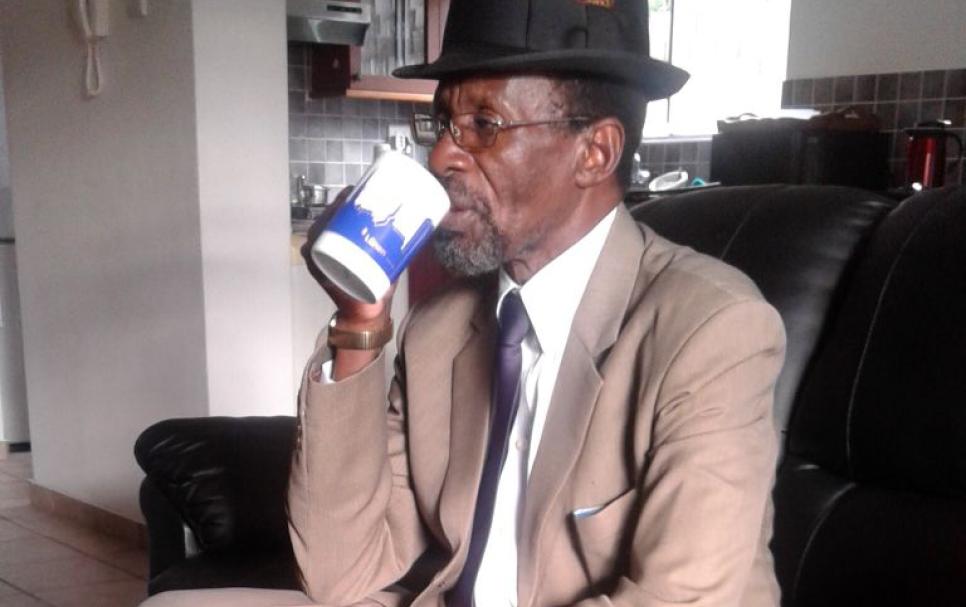
Namibia this week mourns the passing of one of its steadfast sons, Philippus Tjerije, affectionately known as Philip, who passed away on 3 July 2025 at the age of 78. Born on 13 June 1947, Tjerije leaves behind a legacy woven into the very fabric of Namibia’s journey from colonial rule to independence and beyond.
You remember him not only as a political stalwart and educator, but also as a humble, principled man whose life was anchored in the pursuit of justice, liberation, and service to his country. His contributions span the painful eras of apartheid resistance, the victorious struggle for independence, and the challenging years of nation-building.
Your first glimpse of his commitment to Namibia came in the early 1960s, as a teenager just 16 years old, when he attended a SWAPO meeting at Omaruru’s Old Location (now Ozondje). That historic rally featured the likes of Nathaniel Maxuilili and Jason Mutumbulwa, and it ignited in him a political consciousness that would never dim. Standing amongst the defiant crowd, Philip was struck by the power of liberation songs, the bravery of speakers, and the dream of a free Namibia.
Through the decades, his role only deepened. From his high school days at Karibib and Martin Luther High School, where he met future leaders like Daniel Tjongarero and Ngeno Nakamhela, to the formative year he spent in Germany in 1971, you watched him grow into a thinker and activist. At Fort Hare University in South Africa, he became immersed in the radical spirit of the Black Consciousness Movement, influenced by leaders such as Steve Biko and Barney Pityana. That same conviction led to his expulsion during the 1976 Soweto Uprising, marking a pivotal moment that thrust him further into active resistance.
He didn’t hesitate. In 1976, he formally joined SWAPO and immediately took on a leadership role as the Information and Publicity Secretary for the Windhoek Branch. By 1978, he was serving as the SWAPO National Secretary for Information and Publicity, ensuring that the liberation message reached every corner of Namibia. His work was fearless, even as the apartheid regime cracked down with detentions, threats, and censorship. But you knew him as someone who never wavered—who stood tall under immense pressure.
In May 1979, he was detained under the AG 26 Proclamation, imprisoned at Gobabis and later at Windhoek Central Prison. He would continue the struggle even under a restriction order, prohibited from gatherings and movement outside Windhoek. The harassment didn't break him; instead, it fueled his resolve. His name stood alongside those of comrades like Charles Tjienda, Dr. Thomas Iihuhua, and Rahimisa Kahimise.
You watched him represent Namibia beyond its borders too. He was part of the SWAPO delegation led by Sam Nujoma to the 1981 UN Resolution 435 Pre-Implementation Conference in Geneva, and later to the 1984 Lusaka Talks. He visited SWAPO’s headquarters in Luanda and the Kwanza Sul centre in Angola. Even while studying in the UK in the mid-1980s, he remained politically active—joining anti-apartheid protests, awareness campaigns, and academic work that reinforced the movement for independence.
When Namibia finally held its first UN-supervised election in 1989, Tjerijie returned home and was deployed to Tsumeb, where he played a key role in mobilizing voters alongside the late Peter Shilumbu. He didn’t stop there. Post-independence, he joined the staff of Martin Luther High School, helping to shape young minds and serve a new Namibia through education.
You also remember the dignified service he gave to the state. In his later years, he served as Chairperson of the Labour Advisory Council, a Commissioner in the Commercial Land Reform Commission, and as Special Advisor to the Minister of Urban and Rural Development—a role he held until his official retirement on 21 March 2020.
His final years were quieter but never idle. Even in retirement, his insights were valued by community leaders, students, and political peers. He was a mentor, a guide, and a living archive of Namibia’s struggle.
But the full measure of Philip Tjerijie’s life is not just in titles held or offices occupied—it lies in his unwavering belief in justice, his quiet courage, and the dignity with which he served. He lived through arrests, exile, academic pursuits, and political resistance, but never lost sight of the people for whom he fought. His life was rooted in love for Namibia—a love expressed not in words alone, but in action, education, and enduring service.
You may remember his words only briefly noted in a handwritten message: “I was also detained at Osire detention camp in 1985.” He didn't boast. He simply recorded it as a fact, as if to say: I was there. I did my part.
Indeed, he did.
Today, you honour Philippus Tjerijie not with silence but with gratitude. A patriot. An educator. A revolutionary. A father of the nation’s freedom. As his family, friends, comrades, and countrymen gather to bid him farewell, one truth is undeniable: Namibia is freer, wiser, and stronger because he lived.
May his legacy endure, and may his soul rest in eternal peace.
- 273 views


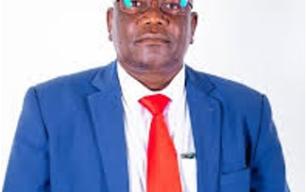
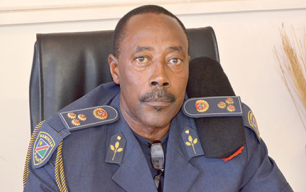

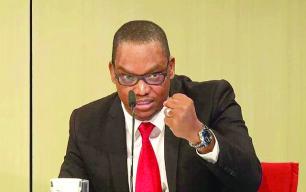
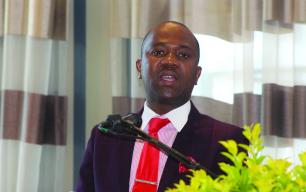
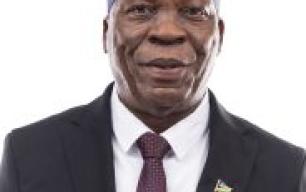
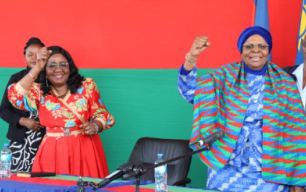
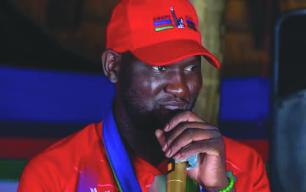
Comments